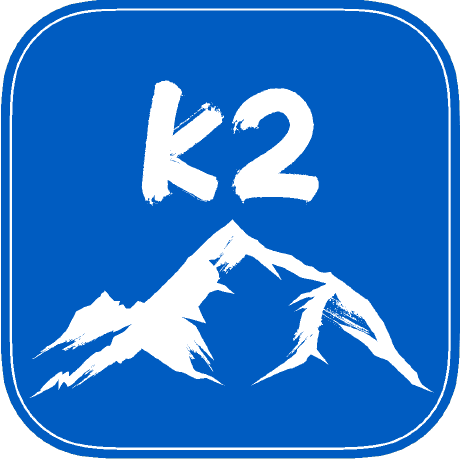Discover and explore top open-source AI tools and projects—updated daily.
asv-subtools by  Snowdar
Snowdar
PyTorch/Kaldi toolkit for speaker recognition and language ID research
Top 52.2% on SourcePulse
ASV-Subtools is an open-source toolkit for speaker recognition and language identification, built on PyTorch and Kaldi. It offers a modular approach with numerous tools for feature extraction, model training, and backend scoring, catering to researchers and engineers in the speech processing domain. The toolkit aims to provide a flexible and efficient framework for developing and experimenting with various speaker recognition models.
How It Works
ASV-Subtools leverages Kaldi for acoustic feature extraction and backend scoring, while PyTorch is used for flexible model building and custom training. The project is structured into three main branches: basic shell scripts (Kaldi-based), Kaldi for core model training (i-vectors, x-vectors), and PyTorch for custom model development. PyTorch models must inherit from libs.nnet.framework.TopVirtualNnet to access default functionalities like auto-saving and utterance embedding extraction.
Quick Start & Requirements
- Installation: Requires installing Kaldi first, then cloning ASV-Subtools into your project directory. Python dependencies are installed via
pip install -r subtools/requirements.txt. - Prerequisites: Kaldi, PyTorch (>=1.10), CUDA (>=11.1 recommended for PyTorch), Python 3.8+, numpy, thop, pandas, progressbar2, matplotlib. Multi-GPU training requires NCCL and potentially Horovod/OpenMPI.
- Setup: Detailed installation instructions for Kaldi and Python dependencies are provided.
- Links: Kaldi Installation, ASV-Subtools GitHub
Highlighted Details
- Supports various modern speaker embedding models including ECAPA-TDNN, ResNet, and Conformer X-vectors.
- Offers extensive data augmentation techniques (reverb, noise, Mixup, Specaugment) and advanced pooling methods (Attentive Statistics Pooling, Multi-Head Attention).
- Includes multiple advanced loss functions (AM-Softmax, AAM-Softmax, Ring Loss) and optimizers (Lookahead, RAdam, Ralamb).
- Provides recipes for popular datasets like VoxCeleb, OLR Challenges, and CNSRC, with reported EERs.
Maintenance & Community
- Developed by XMU Speech Lab and TalentedSoft.
- Maintained by Tao Jiang.
- Community support via GitHub issues and email. WeChat group available via QR code in README.
Licensing & Compatibility
- Licensed under Apache 2.0.
- Compatible with commercial use and closed-source linking.
Limitations & Caveats
The README notes that Specaugment is not yet stable with multi-GPU training. Training large models on datasets like VoxCeleb2 can be time-consuming (1-2 days per model on 4 V100 GPUs). Some older scripts and results may have been removed.
1 year ago
Inactive

 YoavRamon
YoavRamon X-LANCE
X-LANCE Z-yq
Z-yq freewym
freewym athena-team
athena-team fixie-ai
fixie-ai k2-fsa
k2-fsa tugstugi
tugstugi buriburisuri
buriburisuri mozilla
mozilla modelscope
modelscope speechbrain
speechbrain